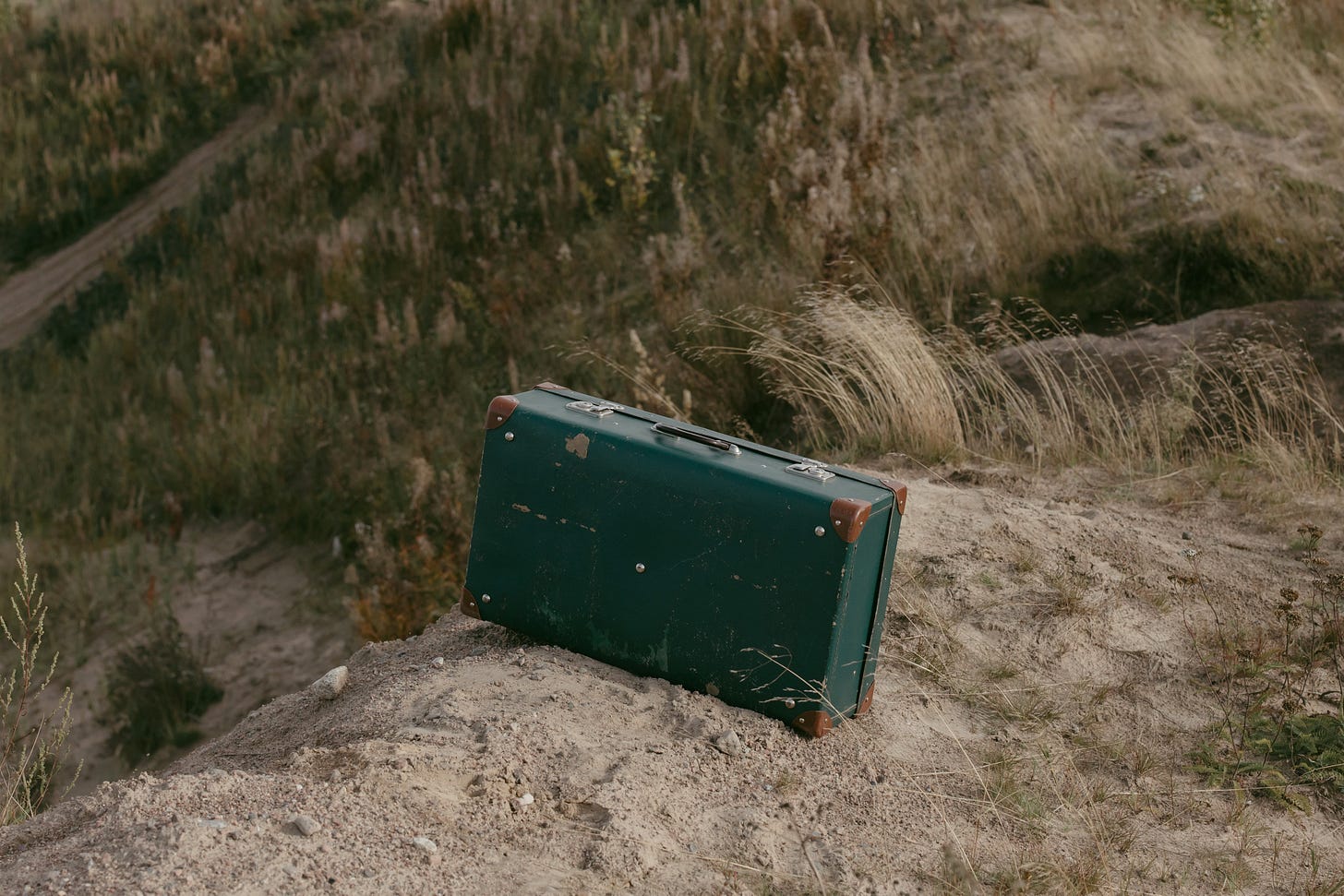Where is qualitative research now? It’s mid August 2021, about 17 months from the imposition of pandemic-related restrictions on gathering and traveling, and I’ve taken exactly ONE trip for research in that time. Recent conversations suggest clients are not clamoring to jump back on the road warrior bandwagon. Although they (and I!) may miss accruing miles and points, we’ve grown accustomed to new ways of working.
Where online methods used to be the alternative, they are now the norm for a very wide variety of qualitative studies - for now and the foreseeable future. If the last 1.5 years has taught us anything, it seems clear we can agree on the utility of online qualitative research methods, even for applications that might have seemed made for in-person research. Ethnography, product testing, package design … all of these things can be explored effectively online. I expect we’ll ultimately end up somewhere in the middle, with a bigger toolkit of tested approaches — both in-person and virtual — at our behest.
For now, while we remain in an environment dominated by online methods, it’s good to know that there are choices beyond Zoom. Of course, there’s nothing wrong with Zoom; it’s cost effective and increasingly well known among consumers, so it can be an excellent choice. But I’ve tried (and heard about) other tools and offerings that can also be particularly useful when conducting online research.
Mural.co: Mural, a “digital workspace for collaboration,” is a fun and easy-to-learn tool for collaborating online. I especially like being able to take notes right on the stimuli (using movable, editable, virtual sticky-notes) and to move seamlessly between different different versions or pages. Each interview’s (or group’s) notes are saved in their own file, which helps with organization and analysis. This could easily have an application for brainstorming or refinement among team members who are working from remote locations, too. Try it free:
https://www.mural.co/
InCrowd: I’ve recently used this “trusted real-time market intelligence platform for global life sciences” for a study with oncologists. Their robust panel includes all major physician specialty areas, as well as patients, nurses, pharmacists, hospital administrators, and managed care professionals. They employ an automated recruitment process that allows for very fast interview scheduling, even same day, which can be particularly helpful with a time-sensitive study. This scheduling approach (digital screening, and self-scheduling directly into a project calendar with openings defined by the moderator) can make quick work of a recruit. The platform is easy to use; however, it does not incorporate a webcam, so it’s only audio and stimuli. Still, I love being able to adjust my availability on the fly; if a meeting is canceled, I can go in and open up that time for interviews. A colleague has used their Micro Survey product to obtain answers in real time from attendees at a medical conference: launch the survey at the beginning of a presentation, have data to display and discuss at the end.
https://incrowdnow.com/
Aha Live Conversations: I have used this Zoom-based platform for usability interviews where participants logged in by computer, tablet, or phone to experience and debrief on an online patient tool. The client chat and searchable transcription make it extremely easy to stay connected during fieldwork and to find important insights after the fact.
https://ahaonlineresearch.com/
Curator and Hark Connect: These platforms promise a better backroom experience, with live tagging and chat, and searchable transcription. I have not used either platform yet, but several moderator colleagues recommend it based on its intuitive and collaborative backroom. I do miss the ability to have meaningful conversation with clients on field days - and for them to collaborate amongst themselves. For a project with a large and engaged team, one of these platforms may make a lot of sense.
https://curatorvideo.com/
https://harkconnect.com/
On a personal note, I find that - for the first time in 20 years - my infrequent travel days mean that I can take an in-person class, one that meets regularly, for at least a few months. So, will I pick up piano from where I left off in fourth grade? Take up fencing? Work on my French conversation skills? Stay tuned. In the meantime, I hope you’re finding enjoyable ways to work and to play in this new world. And I’d love to work with you, so please be in touch.




